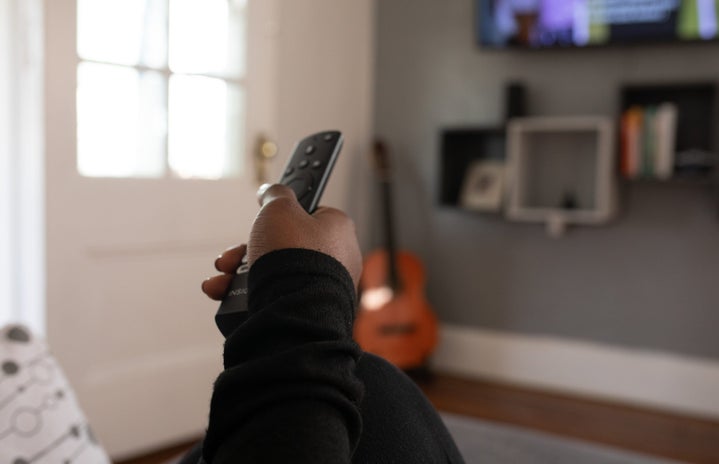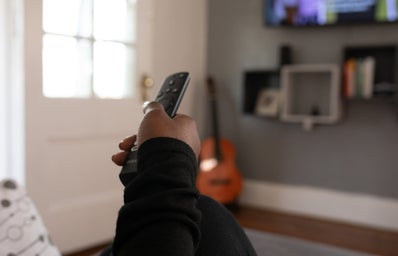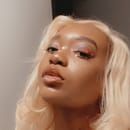I never liked The Cosby Show.
I never went out of my way to watch it in full when I was younger and I never will. Most of my viewings of episodes of this said show have been forced upon me by others who are still attached to the show. This is understandable as The Cosby Show is a staple of TV programming and had an impact on the black sitcom. There is no denying the impact of The Cosby Show on TV and the black community. The focus on the black upper-middle-class life of the Huxtables rather than poor black people allowed viewers to think of black people beyond the bounds of poverty. It had the portrayal of one of the best TV dads of all time, Cliff Huxtable. Cosby’s portrayal showed a perspective of a positive father in the black community, an issue at the time that was rising in real life due to the crack epidemic, rising imprisonment rates and growing gang culture.
Focusing more on comedic tones and rarely touching on race and tougher issues, The Cosby Show was meant to stand out as “not like those other black shows.” The show is palatable for audiences of all kinds rather than simply focusing on the black audience, which was Cosby’s intention. Bill Cosby never cared much for black America, rather the reality and livelihood of black people. The show catapulted his stardom and he used that to create an image of purity and wholesomeness to not only stand out from other comedians at the time but to hide behind his true nature of abusing women and perpetuating respectability politics and anti-blackness.
If you have never heard of respectability politics, I can boil it down to this phrase: “self-policed morality.” Here are two examples: “If you dress like a lady, he’ll respect you for covering up, unlike those other kinds of girls.” “If you don’t wear your hair in dreads or braids, people will take you more seriously and not associate bad behavior with you.” As this was embedded in his pathway to stardom and his beliefs, this allowed him to also influence a wave of black conservatism, talking down on the alleged criminality, illiteracy, family dynamics and sexuality of the black community, the same community that uplifted and helped get him to his stardom.
He used his philanthropy efforts as hush money, large gifts to HBCUs and other black organizations that fit into his twisted idea of black excellence to distract from the damage he was committing. He never cared to use his voice to address valid concerns and issues affecting our community: racism, mass incarceration, disproportionate rates in poverty, access to community resources and education, etc. He instead used his power to beat down our community, to shame our community to appease and benefit from white supremacy and feed into the opinions of white conservatism. For me, it’s strange to see them go hard on defending a man who has shown time and time again that his intentions were never in the right place.

So why put money into this man’s pocket? The open secret of his abuse of women had always been hush behind the scenes but by the 2010s, the public had enough of him, his victims had enough of him parading as a hero when he was truly a villain. The politics he perpetuated were the same ones that facilitated the destruction of his legacy. We simply cannot talk about the positives of The Cosby Show without addressing many negatives and the intentions of the content creator.
There are many shows that are openly black, that are not afraid to address issues and concepts that affect the community and society. We look to the media when we are possibly not seeing the role models we desire in our reality. Turning to a blind defense of a person, a legacy, an era, that is ceasing to exist in our society, will only drive the erasure of our culture and the thoughtful representation of black people in the media.




